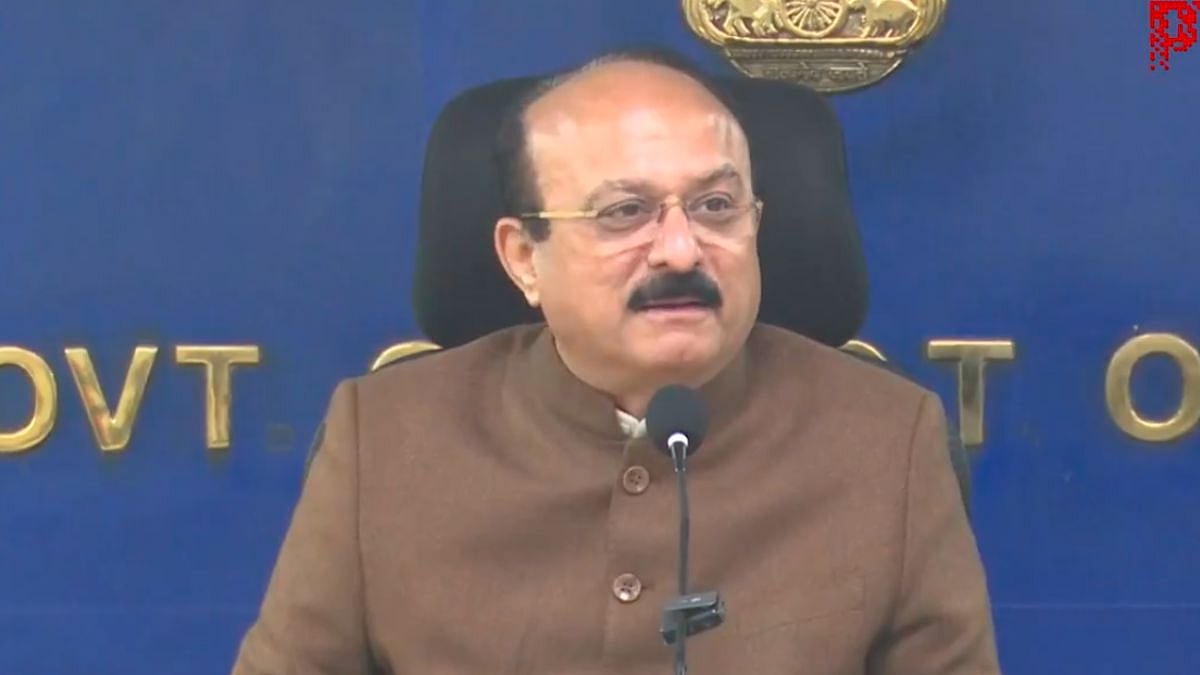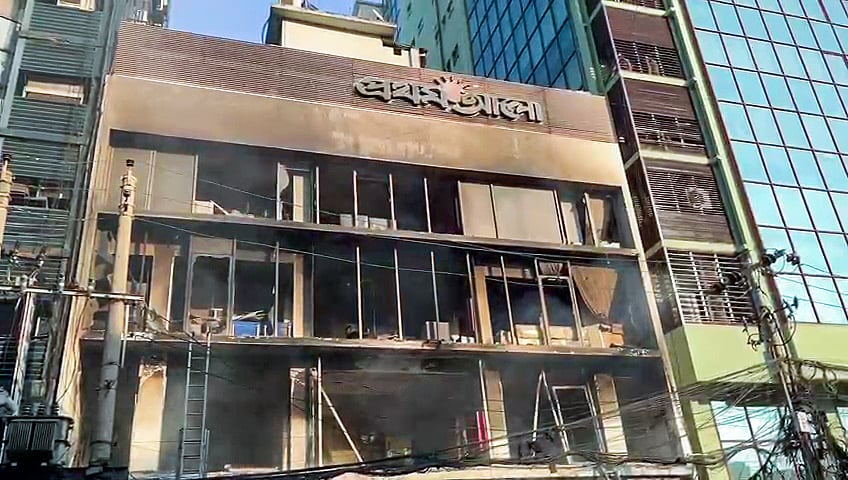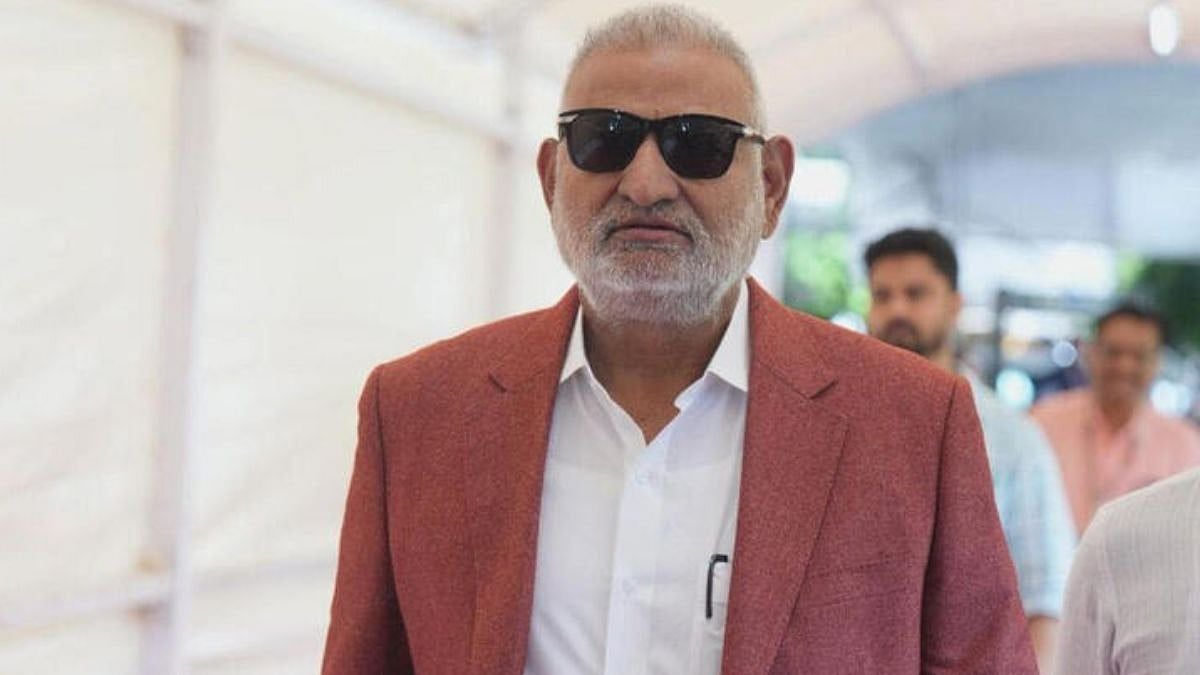Mumbai: The BMC’s Public Health Department plans to start diabetes screening at different places in the city starting November 20.
Executive Health Officer Dr Daksha Shah said people are often unaware of having diabetes, which can lead to several complications. To address this issue, the civic body will hold screening workshops across Mumbai soon after Diwali celebrations, he said.
Dr Shah said the BMC has selected places with heavy footfalls – such as railway stations and malls – for screening. Officials will set up health desks manned by doctors and medical stafffrom the Health Department, he said.
Diabetes screening will help identify health risks
“We all know non-communicable diseases are rising across the country, which is a concern for everyone. Moreover, diabetes, hypertension, heart attack and cancer... all these are silent killers. Diabetes screening will help the BMC gauge exactly how many people are suffering from the disease,” a health official said.
A recent STEPS survey – a household survey that gathers information on risk factors through face-to-face interviews (step 1), simple physical measurements (step 2), and collection of urine and blood samples for biochemical analysis (step 3) – conducted by the BMC, in association with the World Health Organization, found 18% of people had raised fasting blood glucose levels of more than 126 mg/dl (normal: 70-99).
The numbers were consistent with the National Family Health Survey-5 report of 2019-20, which found 17% women and 18% men above 15 with random blood glucose levels greater than 140mg/dl.
Childhood diabetes worries experts
Meanwhile, health experts have raised concerns over rising diabetes cases in children. A recent medical study by the American Medical Association showed that childhood diabetes, which was once generally Type 1 diabetes, is now more frequently Type 2 amid a worldwide increase.
“When children have early onset diabetes, there is a high risk of complications affecting kidneys, heart, and eyes as they grow up. Diabetes in children is a growing concern which requires a multidisciplinary approach for early recognition, long-term management, and prevention of complications. However the civic body should also consider children in this screening,” said an expert.











